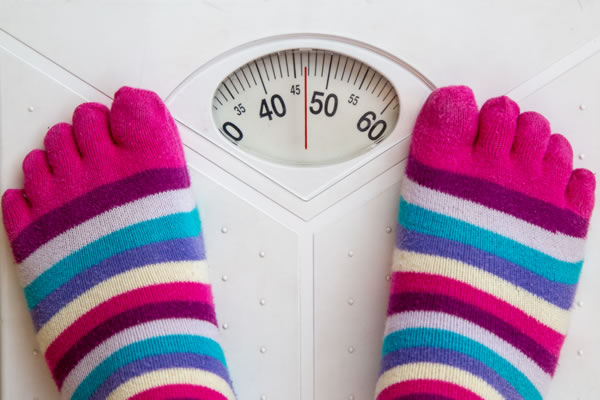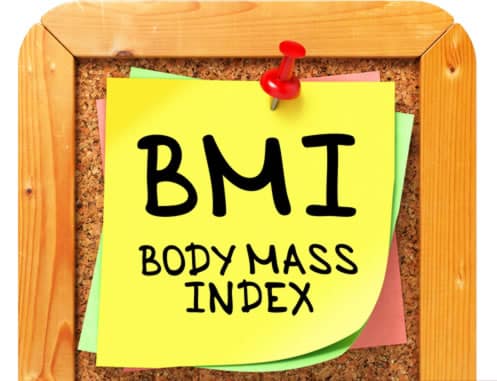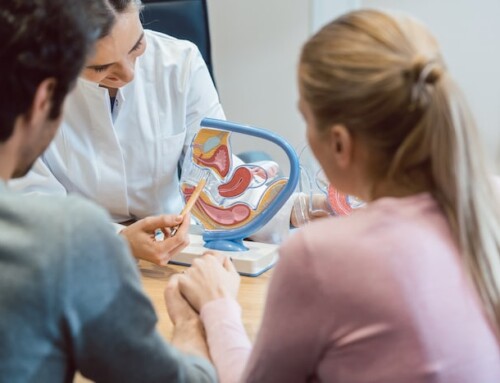Many patients come to us at Team Miracle, Cyprus IVF Centre questioning what is the ideal BMI for IVF treatment or if we treat women who are overweight. As the prevalence of obesity increases among women of reproductive age in the UK, USA and many other countries across the world it is important to evaluate the link that may exist between weight and IVF treatment and what the ideal BMI for IVF treatment may be.
In countries where fertility treatment is publicly funded, such as the United Kingdom, the local clinical commissioning groups (CCGs) make the decision on funding for IVF treatment. The CCGs criteria currently states that any patient having treatment must be a ‘healthy weight’ between the BMI range of 19 to 30. However, the World Health Organization (WHO) estimates that 400 million are obese (BMI >30) and therefore a large percentage of woman of reproductive age will not have the ideal BMI for IVF treatment as determined by these governing bodies.
Explanation of the Body Mass Index (BMI)
The Body Mass Index (BMI) is a measurement of body fat based on height and weight. While it is clear that there is a link between BMI and fertility, it is also very apparent that underweight and overweight individuals frequently get pregnant so the question remains; how significant is the impact of weight on the pregnancy rate and what is the ideal BMI for IVF treatment?
Body Mass Index (BMI) is a person’s weight in kilograms divided by the square of height in meters. To put the BMI calculations into a real life patient scenario, the ideal BMI for IVF treatment for a male of average height of around 1.82m (5ft 10”) is between 133lbs (60kg) and 209lbs (95kg). For a female patient with an average height of just over 1.70m (5ft 5”), the ideal BMI for IVF treatment is between 118lbs (53.5kg) and 186lbs (84kg).
The BMI calculation must be interpreted cautiously as it makes no consideration of the age, gender or muscle mass of the individual. Many athletes are considered to be overweight or obese using the BMI calculation as they typically have an abundance of muscle which weighs more than fat. In a similar manner, as we age the bone density decreases and therefore some measurements in the normal range for older patients may actually need to be scaled down. The inaccuracy of the BMI test as a calculation of body fat, is one reason why at Cyprus IVF Centre, Team Miracle do not believe there is an ideal BMI for IVF treatment.
The Impact of Weight on Fertility
Scientific research has shown that some females who are underweight may not get the correct amount of nutrients and in turn this can result in their bodies failing to ovulate frequently or in some cases they stop ovulating entirely. Similarly, females who are overweight, may have disruption to their insulin levels and therefore the ovaries may stop releasing eggs in a response to the production of male hormones. Any variation in ovulation can make it difficult to conceive and as a result, women who are significantly over or under weight may struggle to get pregnant and require IVF treatment. Although this indicates that a BMI in the normal range is the best for healthy ovulation, many women who are over or underweight have healthy ovulation patterns and manage to get pregnant without issue either naturally or after IVF treatment.
One scientific study examined 1293 women who were having IVF (Dokras et al., 2006) to determine if there was an ideal BMI for IVF treatment. This study failed to confirm an association between BMI and the rate of live birth or clinical pregnancy, giving further evidence to the idea that there isn’t an ideal BMI for IVF treatment or a valid scientific reason for refusing to treat overweight women.
Instead of imposing strict BMI restrictions with no scientific merit, Team Miracle will perform additional testing to see whether there is an underlying issue such as PCOS, glucose intolerance issues, unbalanced thyroid or other factors which may be causing excess weight gain and infertility. If we find a problem, we will prescribe additional medication alongside the normal stimulation medication to manage the symptoms and increase the odds of implantation while reducing the risk of miscarriage.
Higher BMI in Patients over 35 years of Age
One other important consideration is that any benefit from losing or gaining weight in older women needs to be countered with the loss in fertility from their increasing age. In a study looking into the ideal BMI for IVF treatment versus age, age was shown to have a more significant negative impact on egg number, mature egg number, fertilisation numbers, pregnancy and live birth rates for woman over 36 years of age than BMI (Sneed et al., 2008). For any women in their 30’s, the primary concern is therefore having treatment as soon as possible rather than spending time trying to lose or gain weight to meet a certain BMI threshold.
Overweight and Underweight Patients at Cyprus IVF Centre
The good news is at Cyprus IVF Centre, we have no BMI limit and therefore we are happy to treat all women regardless of weight. Team Miracle believe that a healthy lifestyle including a well-balanced diet and exercise should be adopted by all patients where possible to boost their fertility without concerning themselves with fitting into the range of an ideal BMI for IVF treatment.
Tips to Improve Health in Preparation for IVF Treatment
So, although there may not be one ideal BMI for IVF treatment and we are happy to treat woman who are over or under weight, here are some tips to a healthier lifestyle in preparation for an IVF cycle with Team Miracle at Cyprus IVF Centre.
- Healthy fats such as nuts, seed and avocado support the body towards normal hormonal balance and function.
- A balanced diet full of whole grains, lean protein, fruits and vegetables will ensure your intake of a variation of nutrients required to maximise your health.
- Gentle exercise such as walking or yoga 4 times per week will help to reduce stress and improve circulation.
- Avoiding too many processed foods, high in fat and sugar, along with limiting alcohol and caffeine consumption may help to regulate menstrual cycles and improve blood vessel health.
- Taking a pregnancy multivitamin containing 400mcg folic acid will help to support general wellbeing and ensure the correct intake of the essential vitamins and minerals for pregnancy, such as vitamin D which regulates the amount of calcium and phosphate in the body and keeps bones and muscles healthy.
Team Miracle do not advise participating in very low-calorie diets, such as meal replacement diets, immediately prior to your IVF treatment in Cyprus as the chemical state of ketosis induced by such diets will be harmful to the chance of pregnancy. If the body perceives that there is a struggle to obtain enough food for normal daily functions, it will not accept the additional burden of a pregnancy. In addition, extreme exercise is not recommended before or during a Team Miracle IVF cycle and subsequent pregnancy.
Regardless of the food and lifestyle choices you make pre-treatment, know that whatever positive changes you can introduce will be beneficial for your health. At Cyprus IVF Centre, as long as your health allows it, Team Miracle will help you to grant your wish and achieve your dreams, regardless of your weight.







